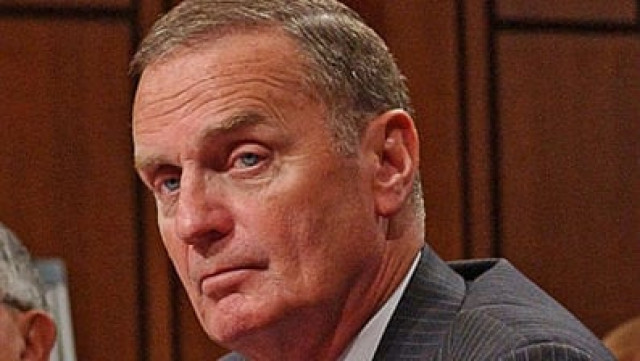Memogate: the game changes?
The effect of all this may well be that the ruling PPP becomes mere putty in the hands of the army than ever before.

Memogate: the game changes?
What the retired US general has said is part of an affidavit that will be submitted to the honourable court by Mr Haqqani’s lawyer Asma Jahangir. This additional testimony could well affect the drift of the case. Some observers think that the parties to the dispute, President Asif Ali Zardari and army chief General Ashfaq Parvez Kayani have already decided to let the crisis subside — after taking note of a long cordial meeting between Prime Minister Gilani and General Kayani on December 16. Additionally, it is being said that the deposition filed by the ISI chief, General Ahmad Shuja Pasha, is a personal submission to the honourable court. More and more commentators are of the view that the memogate case should not have gone to the Supreme Court and a parliamentary inquiry should have been concluded first. As far as the military is concerned, it was primarily opposed to the ambassadorship of Mr Haqqani who, after his exit, now stands as the sole permanent casualty of memogate.
The coincidence of the anniversary of the secession of East Pakistan with the case at the Supreme Court has unleashed a spurt of negative opinion about the military. And the Hamoodur Rehman Commission Report, long kept secret, is being studiously reread and quoted on TV programmes. This is apparently not the time to besiege the government and despatch it before its mandated term in office. This is clear from the statement of Chief Minister Punjab Shahbaz Sharif which, while referring to his many meetings with General Kayani, hopes that the army will “do nothing unconstitutional”. And if the army — the aggrieved party in the memogate case — is no longer in favour of removing the PPP government prematurely, why should the Supreme Court focus on the issue too closely? If the case is finally more political than legal, should the Supreme Court lend itself to pulling the opposition’s chestnuts out of the fire? After hearing both sides it can still say that the quarrel is political and should be resolved in light of the findings of the parliamentary committee inquiring into the memogate affair. The fact is that the PPP has its coalition majority firmly in place and its partners in power are not budging from their supportive positions. The latest developments will buttress their resolve further. Not even the erstwhile ally, the JUI, which has removed its ministers from the cabinet, is willing to concede that the government should be made to go home at this juncture.
The next series of signals from the military are going to be decisive because of its status of supremacy in the country. The effect of all this may well be that the ruling PPP becomes mere putty in the hands of the army than ever before. It will, in all likelihood, redouble its efforts to appear to be backing the army, now that Ambassador Haqqani is out of the way and a more acceptable ambassador is going to take his place. This will go down well with parliament which is clearly anti-American, and with the people who already cordially do not look kindly on the Americans. What was showing the army chief in a bad light was the speculation that in September 2013, when his extension expires, he might want to be able to stay on by manipulating the political system. That speculation will now evaporate to clear the air of all unseemly rumours. Many heretofore hidden corners of the country’s power relationships will be lighted up during the hearings. And after it is clear where the army-PPP relationship stands post-memogate, even the NRO case might begin to be seen in a different light.
Published in The Express Tribune, December 18th, 2011.














COMMENTS
Comments are moderated and generally will be posted if they are on-topic and not abusive.
For more information, please see our Comments FAQ